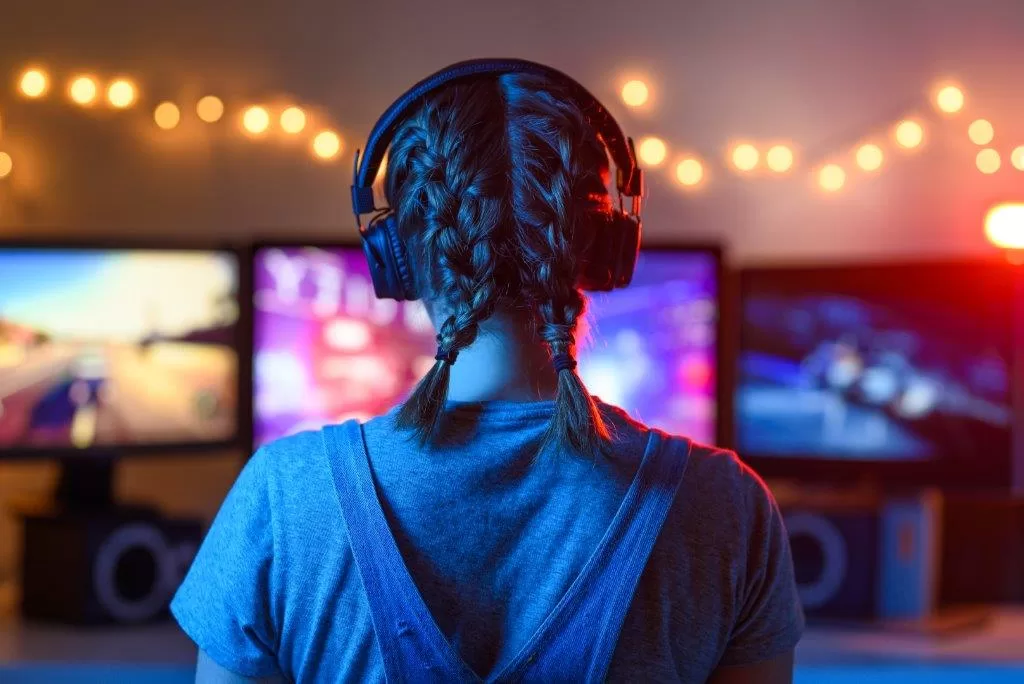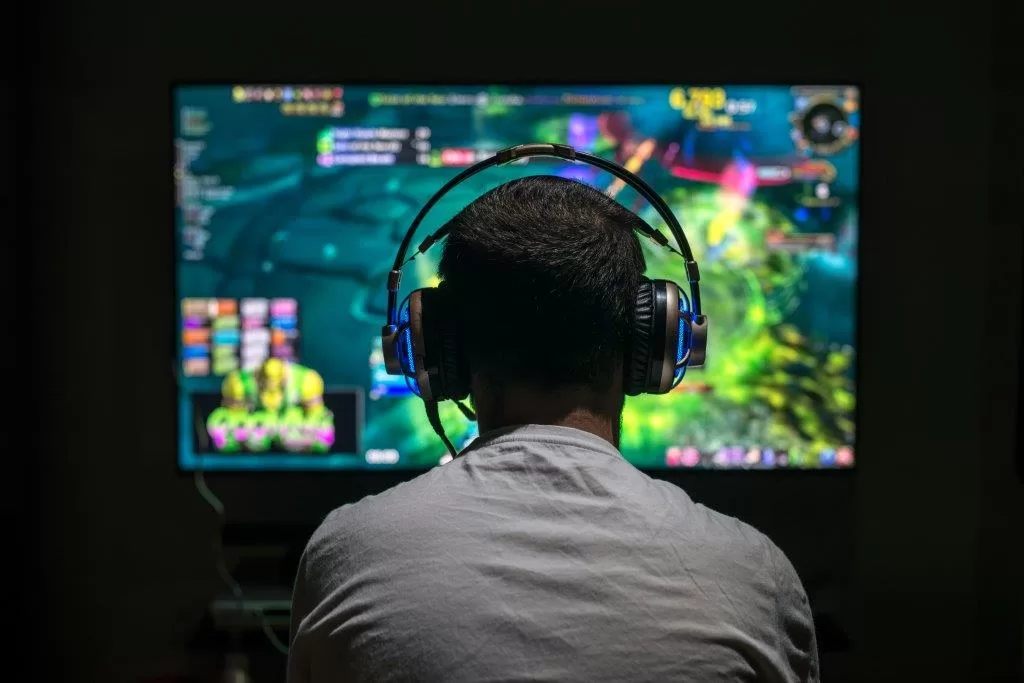Our world is unavoidably digitally-driven, making screens integral to our daily lives, from work and education to entertainment and social connections. Yet we all know that excessive screen time can lead to various physical and mental health issues which is why it is essential to balance screen use to ensure overall well-being.
Brad Kirby, Senior Specialist Gaming & Esports at MTN, who is currently running the HYPROP MTN SHIFT Gaming Tournament, offers some suggestions to help you effectively manage your screen time and foster a healthier relationship with technology.
Understanding Screen Time
Screen time refers to the amount of time spent on devices with screens, including smartphones, tablets, computers, and televisions. It encompasses activities such as browsing the internet, using social media, watching videos, playing games, and working on digital tasks. While screens are beneficial and often necessary, too much exposure can lead to problems like eye strain, poor posture, sleep disturbances, and decreased productivity.
Tips for Managing Screen Time
- Set Clear Limits
Establishing boundaries is crucial for controlling screen time. Create specific guidelines for yourself and your family regarding when and how long screens can be used. For instance, set limits on non-work-related screen use to no more than two hours per day.
- Use Technology to Manage Technology
Several apps and tools are designed to help monitor and limit screen time. Apps like Screen Time for iOS, Digital Wellbeing for Android, and browser extensions like StayFocusd can track usage and set restrictions on app or website access.
- Use Technology intentionally
Shift your focus away from mindless doom scrolling. Instead of aimlessly navigating social media or news feeds, enhance productivity and well-being by deliberately prioritising tasks and setting boundaries. By being mindful of how we interact with digital tools, we empower ourselves to make intentional choices that lead to a more purposeful and balanced online experience
- Create Screen-Free Zones
Designate areas in your home where screen use is prohibited. Common places include the dining room and bedrooms. This helps encourage family interactions and promotes better sleep by reducing screen exposure before bedtime.
- Take Regular Breaks
Follow the 20-6-20 rule to prevent eye strain: every 20 minutes, look at something six metres away for at least 20 seconds. Incorporate breaks into your routine to stand, stretch, or take a short walk, especially if your work involves prolonged screen use.
- Be Mindful of Your Screen Use
It’s all about balance remember! Practice mindful usage by being aware of how much time you spend on screens and what you’re doing.
- Promote Healthy Sleep Habits

Screens emit blue light, which can disrupt your sleep cycle. To minimise this impact, avoid screens at least an hour before bedtime. Consider using blue light filters on your devices or switching to night mode in the evening.
Balancing offline activities with our digital lives is crucial for overall well-being. Engaging in hobbies, exercising, and socialising face-to-face can significantly enhance your quality of life and foster deeper connections. Strive for harmony rather than complete digital abstinence, ensuring that technology complements rather than dominates your life. Equally important is fostering online safety by using strong passwords, enabling two-factor authentication, and being cautious online. By integrating these practices, you can enjoy the best of both worlds—staying connected and secure while nurturing your offline life.
Remember, the goal is not to eliminate screens entirely but to use them in a way that enhances your life while safeguarding your health. Incorporating strategies empowers you to cultivate healthier screen habits and enjoy a more balanced digital life.
For more information about the MTN SHIFT Gaming Experience, brought to you by MTN and Hyprop, go to your closest mall’s website. All tournaments operated by ACGL.



























